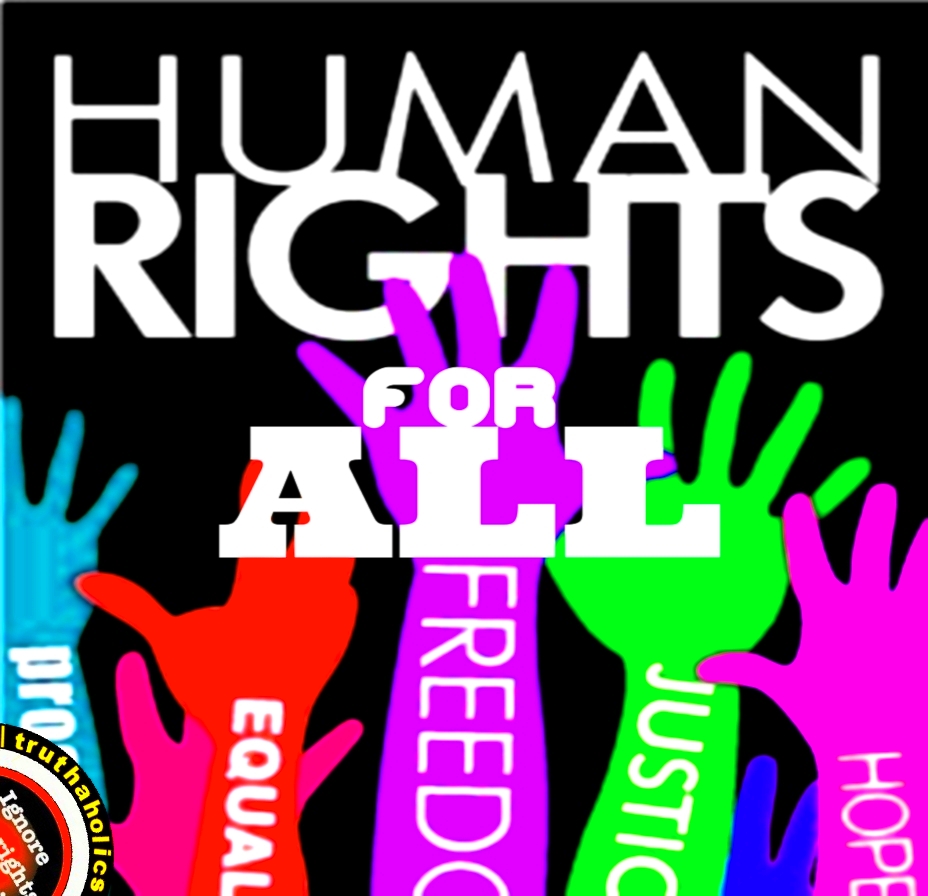“Everyone has the right to freedom of opinion and
expression; this right includes freedom to hold opinions without interference
and to seek, receive and impart information and ideas through any media and
regardless of frontiers.”
This is Article 19 in the Universal Declaration of Human
Rights (UDHR). Van Luyn quoted Pierre Bourdieu when she said, “Those who have
the right to speak can be thought to have cultural capital” (2013). This quote
is what led to the research in finding out what exactly our ‘rights’ are. You
can click on this link HERE to read about the full history of the UDHR and find
out what the other 29 articles or ‘rights’ are. Every human being has the
‘right’ to express their thoughts, and YouTube is a platform that is used as a
communication device. YouTube allows for members to express their opinions,
voices, thoughts and ideas, in any digital media sharing they choose; often
through vlogs (video blogs), parodies, commenting, interviews, cartoons,
‘ranting,’ music, scenes or scenarios, and any other digital creative form that
is thought of.
The reading this week was all about language and narrative.
Tuan (1991) said “…that speech and the written word [is to be] considered
integral….language is important – indeed central – because humans are language
animals, and language is a force that all of us use everyday to build, sustain
and destroy.” I believe this relates to YouTube because the various videos that
are watched can ‘build, sustain and destroy’ the viewer’s opinions or thoughts
on a certain topic. Our environment often unconsciously influences us and
therefore, even if a viewer believes that their opinion have not been affected,
the video may have just put a thought in the viewer’s mind that can eventually
strengthen, weaken or change their whole perspective.
As a YouTube member, the option is available to directly
comment on the video (if it has been enabled) to like or dislike the video, or
to upload a ‘video response’ expressing your own voice on the same topic. As
Tuan (1991) implied, we ‘discuss’ how something should be done, we ‘recommend’
ideas that worked or ‘suggest’ things to disregard, we have a ‘conversation’
with others, and sometimes we have ‘confrontations.’ These are a few of the
ways we communicate our thoughts in society that may have a subtle influence.
The ideas and thoughts that are expressed through each
YouTube video can be said to be apart of our language; it’s a form of communication
that makes changes happen.
References
Tuan, Y. (1991). Annals of the Association of
American Georgraphers. Taylor
& Francis, LTD.
United
Nations. (1948). The Universal
Declaration of Human Rights. Retrieved from www.un.org/en/documents/udhr/index.shtml
Van Luyn, A. (2013). BA1002: Our Space: Networks,
Narrratives and The Making Of Place, Lecture 5: Stories and Places. [Notes] Retrieved from: http://learnjcu.edu.au
Image Credit
Truthaholics.
(2012). Retrieved from http://truthaholics.files.wordpress.com/2012/10/human-rights1a.jpg

Hello!
ReplyDeleteIt's interesting that you right about freedom of opinion and expression in relation to youtube. On my own post I included a hyperlink to a youtube video called "Rap news" which is essentially some young people from Melbourne rapping social, moral and political commentary. The specific episode I included was all about panopticon and 'big brother' and the use of the internet in freedom. From what you're saying, youtube stands as a powerful tool of expression and language. Tuan (1991) states that without the use and exchange of words & the ideas they convey there cannot be direction toward preconceived goals. Using youtube in this way, (and in the way that Rap news does) a person or group is able to convey an idea capable of reaching the masses. If this idea is important enough, inspiring and creative, the responses could be universal and indeed, action may be achieved.
References:
Tuan, Y-F. (1991). Language and the making of place: A narrative-descripive approach. Annals of the Association of American Geographers, 81(4), pp 684-696.
Hi Ayla,
ReplyDeleteWhat about the rules around what is allowed to be posted on YouTube? What do the "community standards" mean for how language can construct meaning on YouTube? And how are those standards applied? For example, I regularly see really racist comments underneath some YouTube videos. What power does that language have?